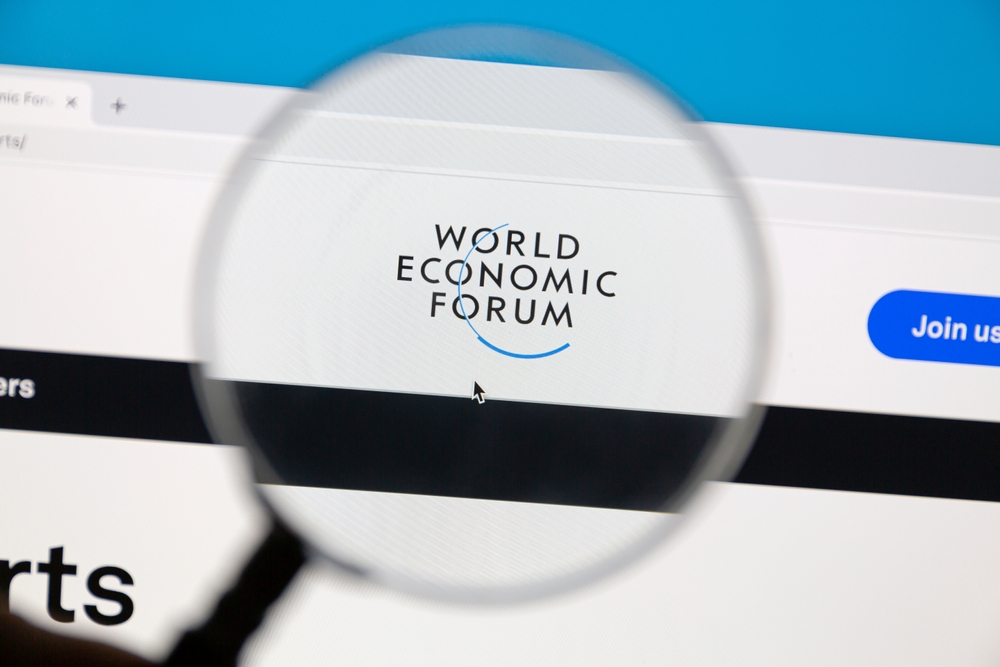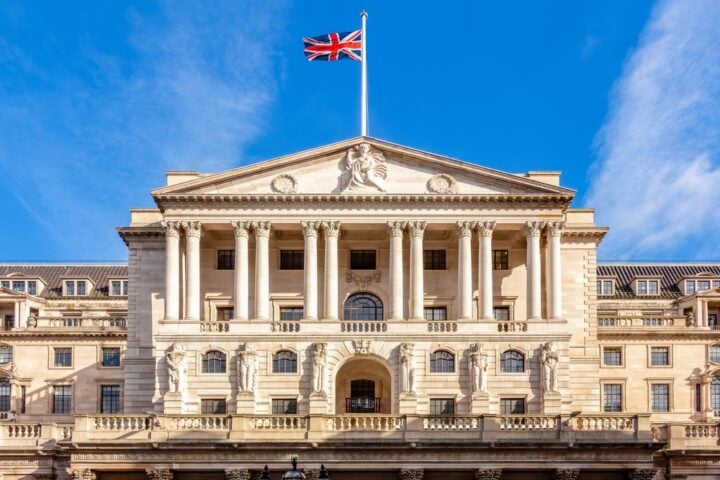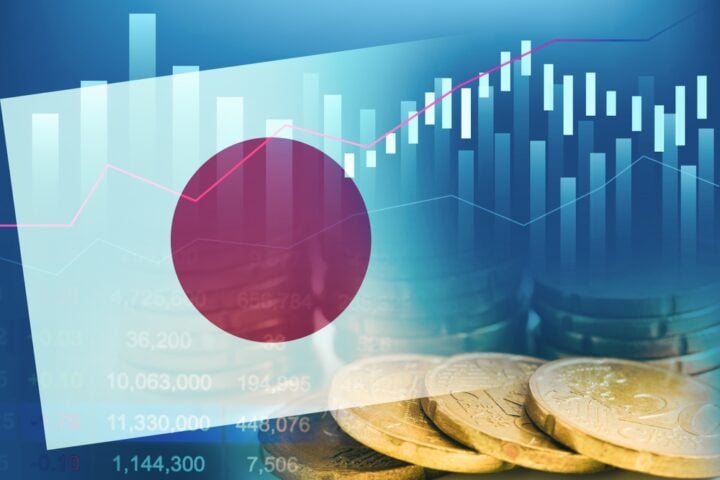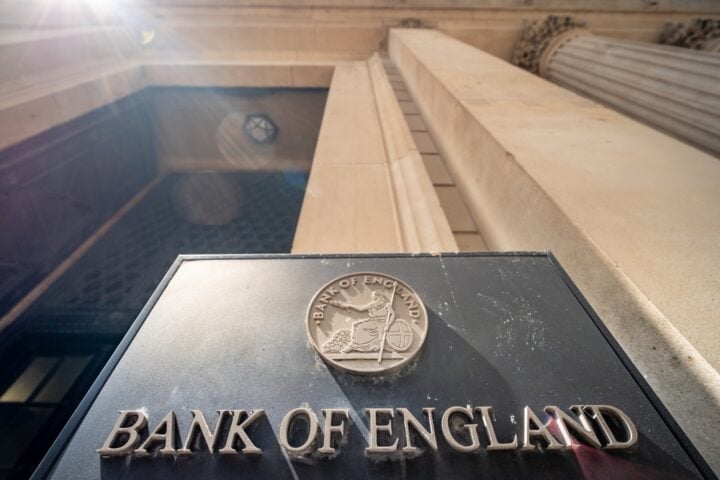Klaus Schwab, the founder of the World Economic Forum (WEF), has stepped down as chair of its trustees after decades of leading the influential annual gathering in Davos, Switzerland. Schwab, 87, announced his resignation on Monday, with the WEF revealing that the decision would take effect immediately. The forum did not provide a specific reason for Schwab’s resignation, but his age and leadership tenure were likely factors in his decision.
Schwab’s Legacy at the World Economic Forum
Schwab, who established the WEF in 1971, aimed to create a space where policymakers and top corporate executives could gather to discuss pressing global issues. Under his leadership, the WEF’s annual meetings in Davos became an iconic event, bringing together political leaders, CEOs, and celebrities to set the global agenda for the year. The Swiss resort town gradually became a symbol of globalisation and international cooperation.
However, in recent years, the WEF and its gatherings in Davos have faced mounting criticism from both ends of the political spectrum. Critics have accused the forum of being an elitist talking shop, detached from the everyday concerns of ordinary people. Despite these criticisms, Schwab remained at the helm, steering the WEF through significant global events, including the 2007-2009 financial crisis and rising geopolitical tensions.
Challenges Facing the WEF
The WEF has had to grapple with internal challenges as well, including allegations of harassment and discrimination within its ranks. These concerns were brought to light in a 2022 Wall Street Journal report, prompting the WEF board to investigate its workplace culture. While the WEF denied the allegations, the revelations added to the growing scrutiny of the forum’s internal operations.
Geopolitical tensions, especially the 2022 Russian invasion of Ukraine, have also placed additional pressure on the WEF. The rise of protectionist trade policies, particularly in the United States, has further complicated the WEF’s mission of fostering global cooperation. Some analysts see the WEF as an institution in decline, facing criticism for its inability to adapt to the shifting political and economic landscape.
Globalisation Under Fire
Schwab has long anticipated the backlash against globalisation. In a 1996 opinion piece, Schwab and his colleague Claude Smadja warned of the disruptive impact globalisation’s effects were having on economic activity and social stability, particularly in industrial democracies. The rise of populist politicians and movements, including the election of Donald Trump in 2016 and the Brexit vote, has highlighted the growing dissatisfaction with the prevailing economic order that Schwab had championed.
“A mounting backlash against [globalisation’s] effects, especially in the industrial democracies, is threatening a very disruptive impact on economic activity and social stability in many countries,” Schwab wrote, foreseeing the challenges that would eventually come to a head in the form of populist movements around the world.
The Search for a New Leader
In the wake of Schwab’s resignation, Peter Brabeck-Letmathe, the WEF’s vice chairman, will serve as interim chairman while the search for a new leader begins. As the WEF continues to evolve in a world of shifting economic and political dynamics, the next chapter of its leadership will be crucial in determining its role on the global stage.







